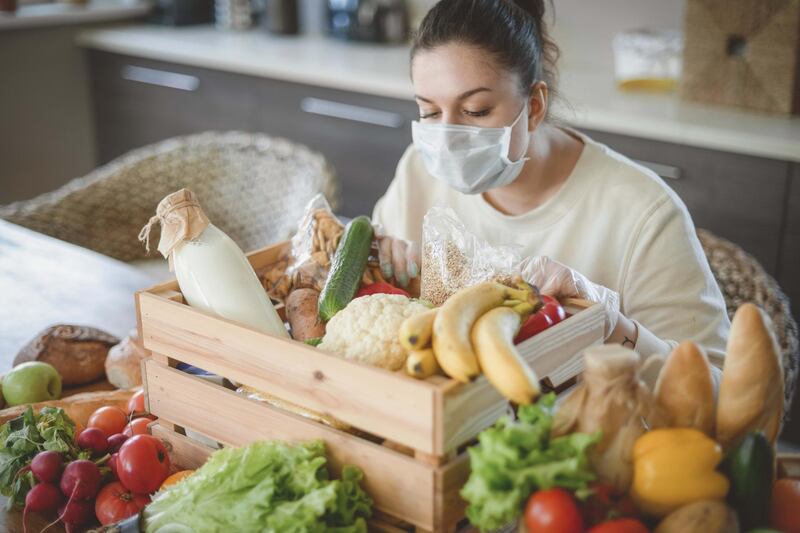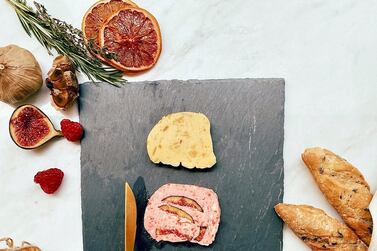The topic of food waste has been a focal point for the UAE government in 2020. On Wednesday, May 6, Sheikh Mohamed bin Zayed, Crown Prince of Abu Dhabi, said the UAE must rein in its "culture of excess" particularly when it comes to food.
And creating such waste is easily done, when we're not thinking about it. Picking up the pre-wrapped packet of peppers, when really you just need one or two; letting a fresh piece of fish sit in the fridge for a day longer than you should; or getting home from work and ordering in, rather than cooking as planned.
From cooking to organising, here are some manageable ways to cut back on the food waste you produce at home:
1. Plan ahead and batch cook

If you know what you're cooking and eating for the week, you can buy and prepare accordingly. That means it will be much less likely for your lettuce to be wilted and past its best when you come to make a salad, and that your potatoes won't be sprouting before you get around to mashing them. If you shop over the weekend, map the trip by meal and make sure you only buy the fresh ingredients you need, based on a shopping list.
2. Freeze, freeze, freeze
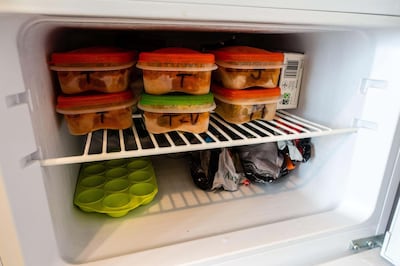
Not only will it make life easier mid-week, when you have lunches and / or dinners pre-cooked, but it means you can also buy frozen fruit and vegetables, a cheaper and longer-lasting alternative to anything freshly picked.
If you have the luxury of space, a freezer stored in a spare room or garage will make a huge difference, as you can buy in bulk. It is a cost efficient way of shopping and pares back risk of waste when stored correctly. If you buy a huge side of meat or fish, for example, cut it down to portion-sized pieces to freeze.
3. Take stock
Every two months, assign an hour to complete a kitchen inventory. Go through the pantry food you have – tins, jars, dried food, pulses, pickled goods etc – and remind yourself what is there.
When you have gone though your dry goods, check the jars and bottles in the fridge. They all keep for much longer than you would expect, but familiarising yourself with what is there, will cut the risk of doubling up unnecessarily.
Plus, if you keep it logged in a Google Sheet, it will be accessible on your next shop, so you won't have to guess how many tins of chopped tomatoes you have in the house, and whether or not you have enough pasta for the week.
4. Make stock
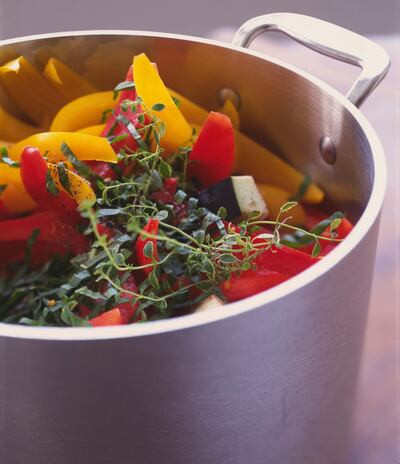
A great way to cut out food waste, is by getting your ingredients to work a little harder. If you have vegetable peels and choppings, store them in a Tupperware as you're cooking, then when you're finished boil them up with your choice of herbs and spices to make a hearty vegetable stock. The same can be done with meat off-cuts and carcasses.
The stock will make a flavoursome base for future soups, sauces and stews, and can – of course – be frozen until you need to use it. Just make a note of the date you made it on the packaging.
5. Can, preserve and pickle
One way to make sure you're throwing away as little fruit and veg as possible, is to make your own canned fruit or pickled veg. There are plenty of recipes online, and if you're shopping seasonally, they make for lovely little eco-friendly gifts to give out to friends. Jams, chutneys and preserves also have a long shelf-life and are often appreciated.
6. Store food correctly
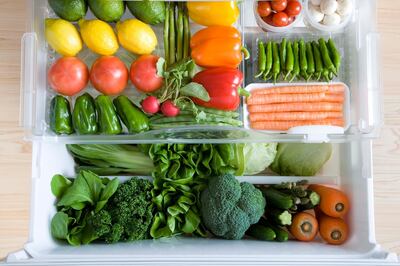
To get the most out of your fresh ingredients, make sure they are stored correctly – one vegetable drawer does not suit all, unfortunately. Now, we went into detail about food storage here, so read that for the full food-by-food run down. But know that citrus fruits, berries and asparagus thrive in the fridge, potatoes and tomatoes will thank you for being kept at room temperature and popping spring onions in a shallow jar of water will keep them fresher for longer.
7. Get composting
Now, this might not be viable for everyone – composting gets smelly, so you want that to be as close to the bottom of your garden as possible.
However, if you go have the space for a food waste bin, when you create some inevitable food waste, composting it and knowing you're making something you can use to help your garden thrive is incredibly satisfying. The list of waste you can compost is extensive, including paper and soft card, egg shells, animal hair, plants and grass, as well as fruit and vegetable scraps, tea bags and ground coffee.
